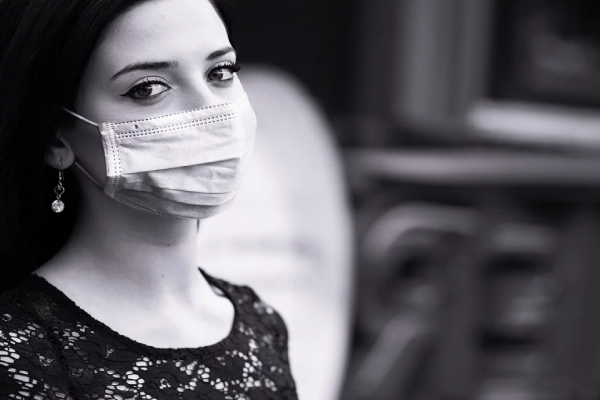


COVID 19, commonly called the coronavirus is taking up the world by storm. It is a virus identified as the cause of an outbreak of respiratory illness. With fast spreading and an unpredictable incubation and recurrence, COVID 19 is causing immense worry to people all across the globe affecting multiple countries across Europe and North America. It has been classified as a pandemic by the WHO and pandemic is not a word to be lightly taken.
There are excessive efforts being made to contain this issue. Many world leaders have probed for actions. It is at this instance that the true essence of 'prevention is better than cure' is felt. What can we do to prevent the spread of COVID 19? What are some simple actions we can demonstrate to contain this disease? Here is a list of six dos and don'ts to hopefully keep the COVID 19 away:
Stay indoors to prevent contact with people. This is to protect from contracting the disease as well as to prevent from transmitting the disease. This is particularly for those who are at risk: people of older age and those with respiratory conditions.
If you have to venture outside to get some fresh air and buy groceries, maintain a safe two-meter distance from anyone. Only buy what you need and avoid hoarding.
Wash your hands frequently, especially after using the washroom and before/after food preparation. Wash your hands for about 20 seconds with warm water and soap. Use sanitizers if the water is not available, but remember a sanitizer is not a regular alternative to the soap.
Clean all highly touched surfaces with household cleaners or disinfectants. Things like doorknobs, toys, toilets, phones, electronics, and remote controls are extremely good spaces for the virus to thrive due to the high frequency of contact.
It is understandable that we want to keep in touch with our loved ones. However, try doing this using technology to ensure that you are not a point of transmission. This is very important especially for people at high risk.
Ensure that you clean all the towels and handkerchiefs you use to manage your cold and sneezes. While people have been using paper towels, one can opt for cloth as it is much sustainable and environment friendly. Make sure that you dip the cloth in warm water before reuse.
Do not touch your eyes, nose or mouth as these are extremely effective points of entry for the virus into your body.
While it seems like a pretty obvious yet difficult thing to do, stress lowers the defenses of your immune system. Stress also does not help in general awareness as there have been multiple cases of false and panic creating forwards that have plagued social media.
Main fact about COVID 19 is that you can be asymptomatic but a carrier of the virus. If you meet someone, do not greet them with hugs, kisses or handshakes.
There is a shortage of these products for healthcare workers and actual patients who need them. Think about it: Is it more effective for someone to just wear a mask, or someone sick to wear the mask to prevent transmission?
While we have urged you to stay informed, immediately contact a doctor if you experience fever, dry cough or other symptoms of COVID 19. For the slightest symptoms, practice self-quarantine to avoid worsening the situation.
Avoid sharing any personal items like toothbrushes, towels, and even sharing food on the same plate. This facilitates direct transmission of the disease.
While these are solutions offered by health experts, make sure that you stay tuned to the verified sources of information and stay aware of what is happening around you. Considering that this is a pandemic, there are a lot of rumours going around. Seek information from official sources like your government or organizations like WHO to avoid panic. Stay safe, stay indoors, and ensure the people around you are also safe!